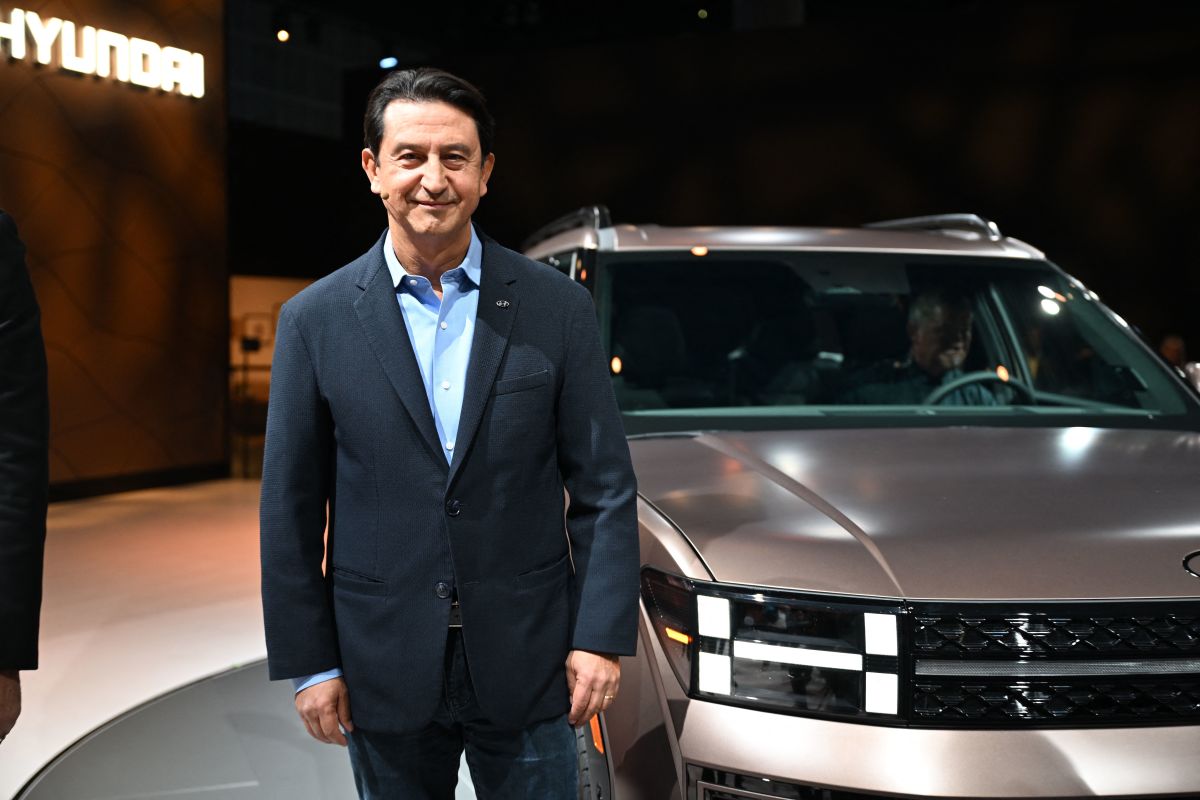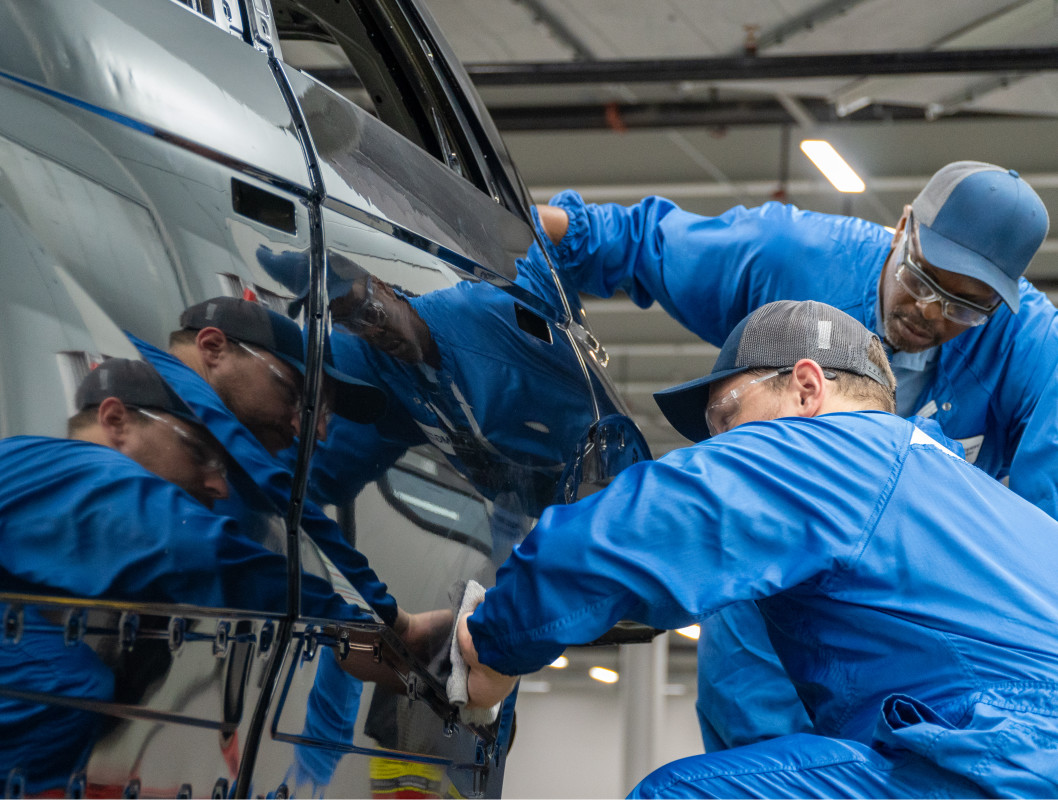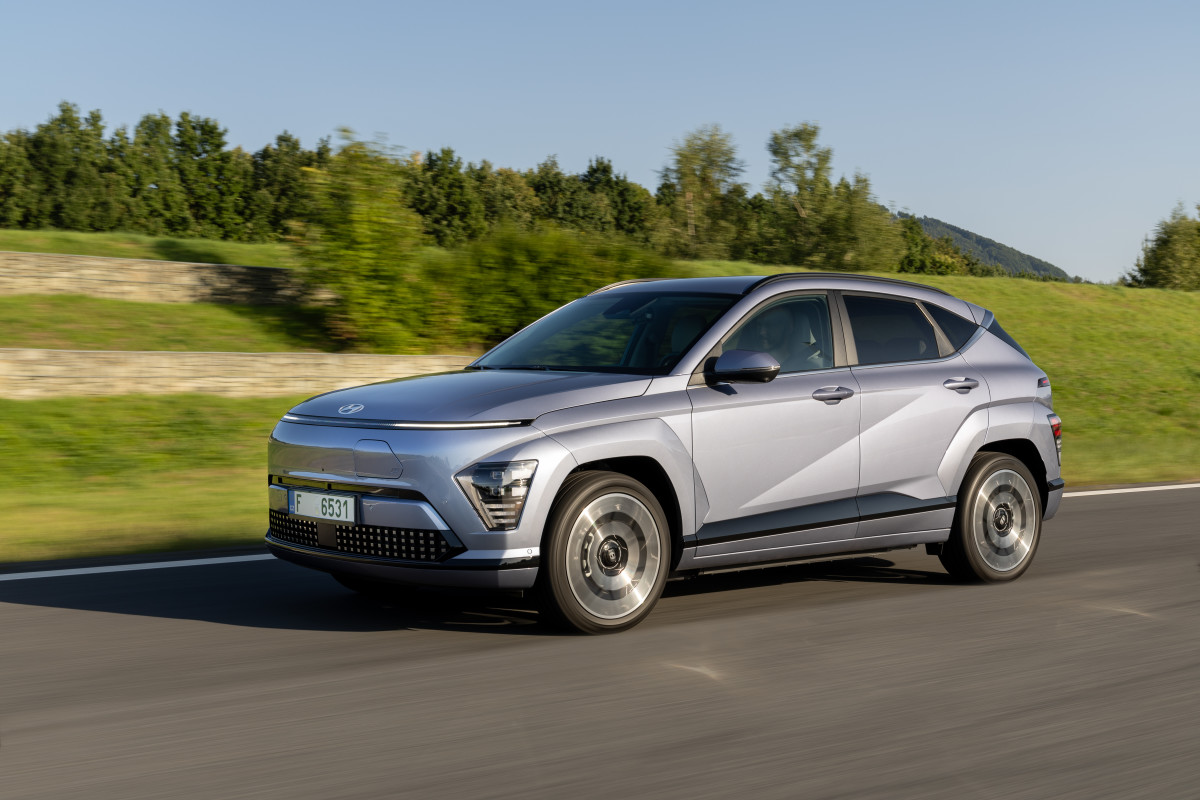Hyundai’s Pricing Strategy Amid Economic Challenges

On April 4, Hyundai made a reassuring announcement to buyers: there will be no price hikes for their vehicles for the next two months. This move is aimed at allaying concerns about the potential impact of a 25% import tariff proposed by the Trump administration. However, in a recent discussion with Automotive News, Hyundai Motor Co. CEO Jose Muñoz highlighted that various other factors are influencing vehicle prices.
Interest Rates and Market Dynamics

While the tariffs have been at the forefront of many discussions about car prices, Muñoz emphasized that interest rates are a more significant factor affecting sales. If the Federal Reserve decides to lower rates, the automotive market might experience a boost, potentially leading to robust industry growth. The underlying point here is that while tariffs certainly have an impact, the cost of borrowing plays a crucial role in the purchasing decisions of American consumers.
Future Price Adjustments

Hyundai’s current price guarantee program comes under ‘Customer Assurance,’ while a similar initiative exists under ‘Genesis Cares.’ Both are set to expire on June 2. Post this period, Muñoz cautioned about potential price increases, noting that it often coincides with the release of new model year vehicles boasting enhanced features. Although the suggested manufacturer’s retail prices (MSRPs) might remain stable, local dealerships could adjust prices to maximize revenue, particularly for tariff-exempt models.
New Model Year Impact
Typically, the introduction of new model years induces price increases, driven by upgraded design, features, and quality. For Hyundai to maintain its competitive edge, the brand needs to strike a balance between these enhancements and broader economic pressures, ensuring that pricing strategies resonate with consumer expectations.
Investing in American Manufacturing
Rather than relying on temporary pricing tactics or incentives, Hyundai’s long-term strategy involves localizing production to mitigate tariff implications. In March, the company announced a substantial $21 billion investment in U.S. manufacturing, which includes $6 billion allocated to establishing a Hyundai Steel mill in Louisiana.
This commitment complements Hyundai’s existing operational facilities in the U.S., comprising three major vehicle factories. These plants, strategically located in Alabama and Georgia, benefit from vertical integration and a flexible supply chain approach, which proved advantageous during the global pandemic and chip shortages.
Driving Experience
Now, speaking of the driving experience, Hyundai cars are known for their smooth handling and reliability. Their models, like the Hyundai Sonata or Elantra, offer a balanced blend of performance and comfort. These vehicles deliver a relaxed driving experience, quite comparable to other reliable brands like Toyota or Honda. However, Hyundai consistently strives to outshine its competitors with attractive designs and impressive warranty packages.
Overall, while the automotive market continues to experience uncertainties, Hyundai’s strategic focus on localized manufacturing, coupled with flexible pricing mechanisms, positions the brand to adapt to changing economic circumstances. Drivers appreciate not only the cars’ specifications and performance but also the peace of mind that comes with Hyundai’s proactive approach to manufacturing and pricing strategies.
Build Your Eleanor
Court Tosses Trump Tariffs
New PA Driving Law
2026 Cherokee Revealed
BMW M5 Touring Shines